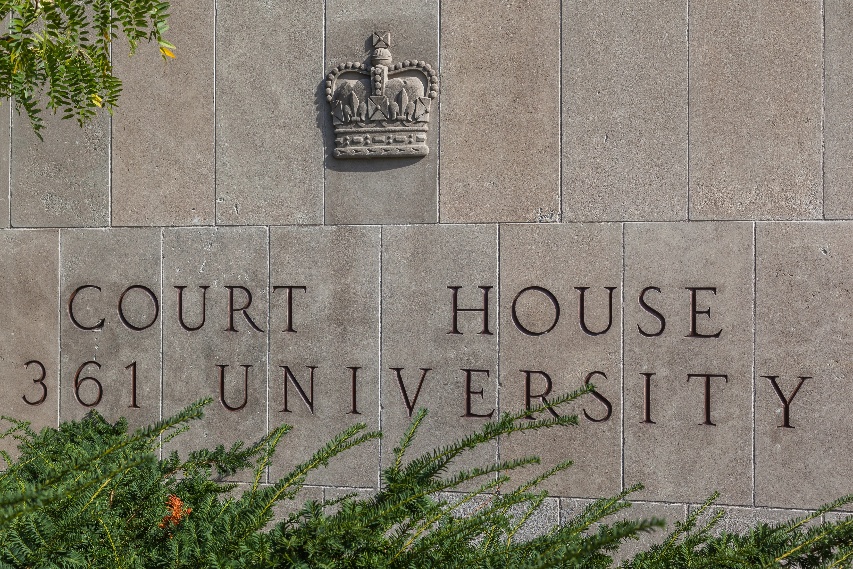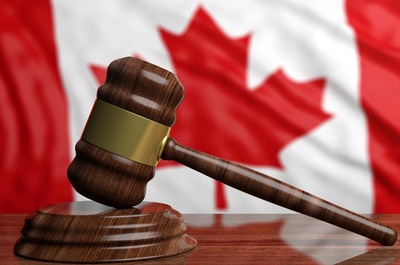People charged with drug-related offences often want to know: what are drug trafficking charges under Canadian law, and how many years do you get for drug trafficking?
Drug offences are taken very seriously by the courts, but the penalties for drug dealing charges vary widely and depend on factors such as the nature and quantity of the drugs involved and your prior criminal record. Some cases may lead to diversion or reduced sentences, while others can result in years behind bars.
We answer the most important questions about drug dealing charges below.
What Is Drug Trafficking in Canada?
Under the Controlled Drugs and Substances Act (CDSA)1, drug trafficking includes selling, giving, administering, transporting, sending, or delivering a controlled substance or offering to do any of these things.
Note that no actual sale is required for this charge; possessing drugs for the purpose of trafficking can result in legal penalties for drug possession as well as drug dealing charges. In addition, you can be charged if you represent a substance as being a drug, even if it is not. For example, trying to sell baking soda that you claim is cocaine may still be prosecuted as trafficking.
What Amount of Drugs Is Considered Trafficking in Canada?
A common question is: what amount of drugs is considered trafficking in Canada? The answer is not straightforward and sometimes depends on what the police believe to be true about the suspect and the evidence.
For example, if the police find a quantity of drugs that seems too large for personal use, they may assume the drugs were meant for distribution. If the substance is packaged in smaller portions, the police will consider that to be additional evidence of trafficking, and if the suspect also has items used in the drug trade, like large amounts of cash, that will raise even more suspicion.
What Types of Drugs Can Lead to Drug Dealing Charges?
Drug dealing charges in Canada involve controlled substances classified under Schedules I to IV in the CDSA. The most serious penalties are for Schedule I drugs, such as cocaine, heroin, fentanyl, methamphetamine, and opioid derivatives.
Less serious charges often apply to trafficking in these drugs:
- Schedule II: Cannabis and related drugs (now regulated under the Cannabis Act2 unless illegal quantities are involved).
- Schedule III: Hallucinogens such as LSD and psilocybin.
- Schedule IV: Prescription drugs such as benzodiazepines and anabolic steroids.
Even if a drug is legal with a prescription, trafficking or distributing it without proper authority can still lead to criminal charges.
Legal Penalties for Drug Trafficking
The legal penalties for drug trafficking depend on the type of drug and the quantities involved.
- Schedule I: Up to life in prison, with mandatory minimum sentences in certain cases.
- Schedule II: Penalties vary. Since cannabis has been legalized, most trafficking charges involve violations of the Cannabis Act.
- Schedule III: Up to 10 years.
- Schedule IV: Typically carries lower penalties but can still result in up to 3 years in prison.
In addition to jail time, a conviction may also lead to asset seizures, travel restrictions, and a criminal record, which can all affect employment and housing options.
Aggravating Factors in Drug Dealing Charges
Legal penalties for drug possession for the purpose of trafficking are affected by the type and quantity of drug, as well as these aggravating factors:
- Evidence of intent to traffic (ex: packaging, scales, quantities of cash)
- Use of weapons, violence, or gang involvement
- Location of offence (ex: near schools or playgrounds)
- Your role in the operation, if you are part of a group
- Prior criminal record
- Cooperation with authorities
- Your personal circumstances and rehabilitation efforts
Even if you do not have a prior criminal record, these aggravating factors can increase the sentence significantly. The courts will always consider public safety and the broader impact of the offence when determining a penalty.
What Are the Potential Penalties for Drug Production?
Drug production involves manufacturing, synthesizing, or cultivating illegal substances, including growing cannabis beyond the legal limit.
The potential penalties for drug production in Canada are similar to the penalties for drug dealing charges, but different factors may be considered in sentencing. For example, someone running a meth lab might receive a longer sentence than someone distributing meth because the presence of a meth lab is a risk to the public.
At the same time, drug trafficking could result in harsher sentences if the accused is part of a larger distribution network or involved in a large-scale operation such as international smuggling.
First Offence Drug Charges in Canada
If this is your first time being charged with drug trafficking, you may be wondering how first offence drug charges in Canada are handled.
Overall, the courts will consider the type and quantity of the drug, whether the offence involved violence, and whether you have demonstrated a willingness to participate in rehabilitation. However, all trafficking charges are treated very seriously, even for first offences; approach the situation with the appropriate level of gravity.
How a Drug Trafficking Lawyer Can Help
Drug dealing charges are complex; there are numerous potential defence strategies, and you could be in for a long journey through the criminal justice system. If you are facing drug trafficking charges, hiring a skilled drug trafficking lawyer is essential.
An experienced criminal defence lawyer can evaluate the evidence against you, conduct additional investigations, line up character witnesses, explore options like reduced charges or alternative sentencing, and negotiate for the best outcome for you. In some cases, they may be able to challenge the legality of the search or arrest itself, which could lead to charges being dropped. They will also ensure that your rights are protected throughout the legal process and build a robust defence if your case goes to court.
For the best drug dealing charges defence, contact the team at Zamani Law. Led by renowned criminal lawyer Farid Zamani, we have the skill, experience, and resources to build a robust defence against drug-related offences.
Contact Zamani Law today for a free consultation.
1 Controlled Substances Act: https://laws-lois.justice.gc.ca/eng/acts/c-38.8/
2 Cannabis Act: https://laws-lois.justice.gc.ca/eng/regulations/SOR-2018-144/page-1.html





